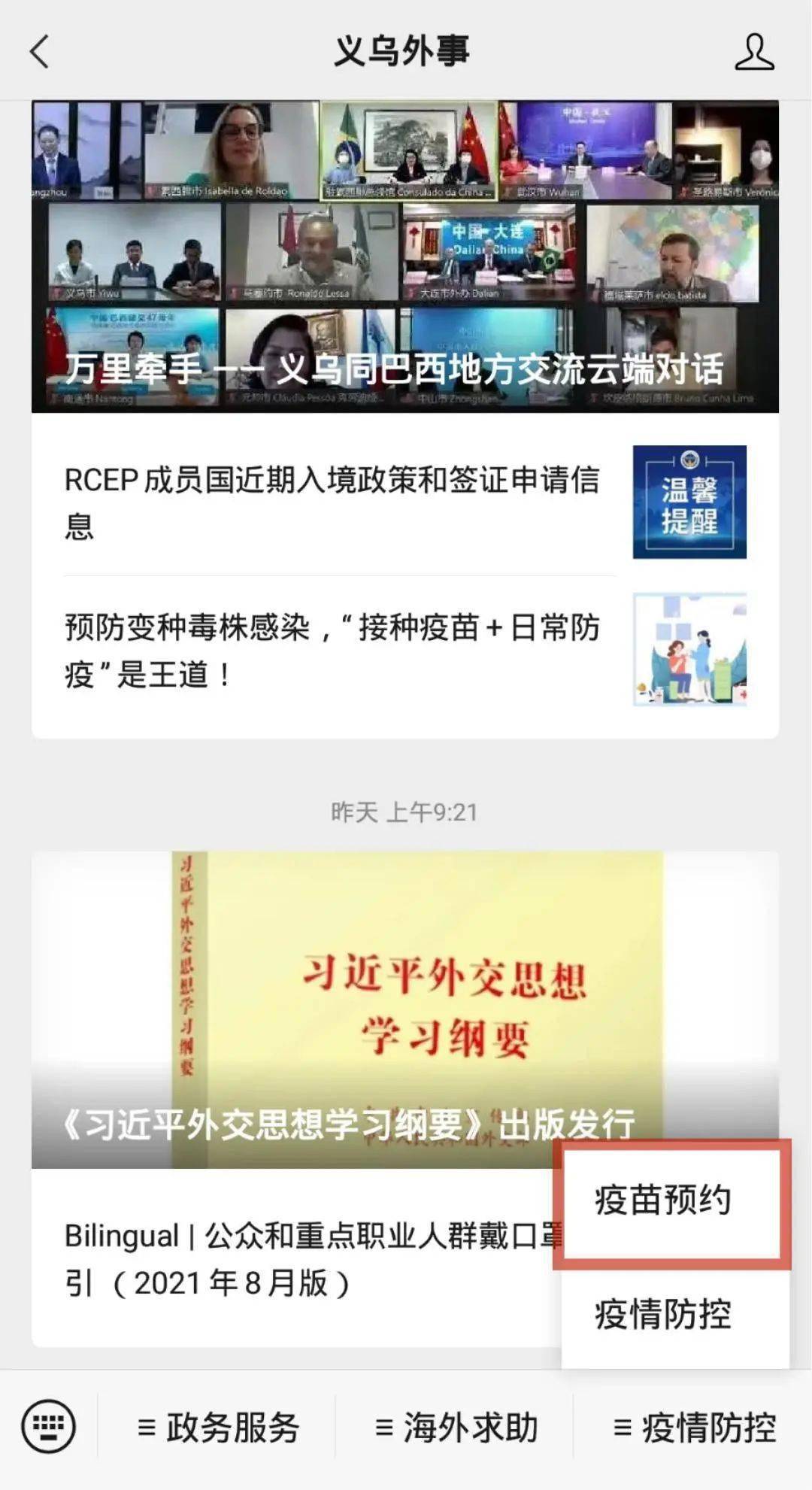Can You Use a 529 Account to Pay Student Loans? Exploring the Rules and Benefits
Guide or Summary:Understanding 529 AccountsCan You Use a 529 Account to Pay Student Loans?Benefits of Using a 529 Account for Student LoansConsiderations Be……
Guide or Summary:
- Understanding 529 Accounts
- Can You Use a 529 Account to Pay Student Loans?
- Benefits of Using a 529 Account for Student Loans
- Considerations Before Using 529 Funds for Student Loans
- Alternatives to Using 529 Accounts for Student Loans
**Translation:** Can you use a 529 account to pay student loans?
---
Understanding 529 Accounts
A 529 account is a tax-advantaged savings plan designed to encourage saving for future education costs. These accounts are named after Section 529 of the Internal Revenue Code and are primarily used to save for college expenses. The funds in a 529 account can be used for qualified expenses such as tuition, fees, room and board, and other necessary supplies for higher education.

Can You Use a 529 Account to Pay Student Loans?
The question arises: Can you use a 529 account to pay student loans? The answer is nuanced. As of 2021, the IRS allows 529 account holders to withdraw funds tax-free to pay off student loans, but there are specific limits and conditions. You can use up to $10,000 from a 529 plan to pay the student loans of the beneficiary or their siblings. This provision aims to provide some relief to those burdened by student debt, but it is essential to understand the implications of such withdrawals.
Benefits of Using a 529 Account for Student Loans
Using a 529 account to pay student loans can provide significant financial benefits. Firstly, since the withdrawals for this purpose are tax-free, it can save you a considerable amount of money compared to using other funds that may incur taxes. Additionally, if you are already contributing to a 529 plan, this option allows you to utilize those funds effectively, rather than letting them sit unused.
Moreover, for families who have saved diligently for education, this option can help alleviate the financial strain of student loans. With the rising costs of education, many graduates find themselves with substantial debt, and having the ability to use 529 funds can ease that burden.

Considerations Before Using 529 Funds for Student Loans
While there are benefits, there are also considerations to keep in mind. First, the $10,000 limit is per beneficiary and can only be used once for each sibling. If you have multiple loans or siblings with loans, you need to strategize how to use these funds effectively.
Furthermore, if you withdraw more than the allowable amount or for non-qualified expenses, you may face tax penalties and additional taxes on the earnings. Therefore, it is crucial to consult with a financial advisor or tax professional before making withdrawals from a 529 account to ensure you are compliant with IRS regulations.
Alternatives to Using 529 Accounts for Student Loans
If you find that using a 529 account to pay student loans isn't the best option for your situation, there are alternatives to consider. You might explore income-driven repayment plans, refinancing options, or even loan forgiveness programs depending on your career field. Each of these alternatives has its own set of requirements and potential benefits, so it is worth researching what might work best for you.

In conclusion, while the option to use a 529 account to pay student loans exists, it is essential to weigh the benefits against the limitations and potential penalties. Understanding the rules surrounding 529 plans and student loans can help you make informed financial decisions. Whether you choose to utilize these funds for student loans or explore other options, being proactive in managing your education expenses is crucial for long-term financial health. Always consider seeking advice from financial professionals to navigate this complex landscape effectively.